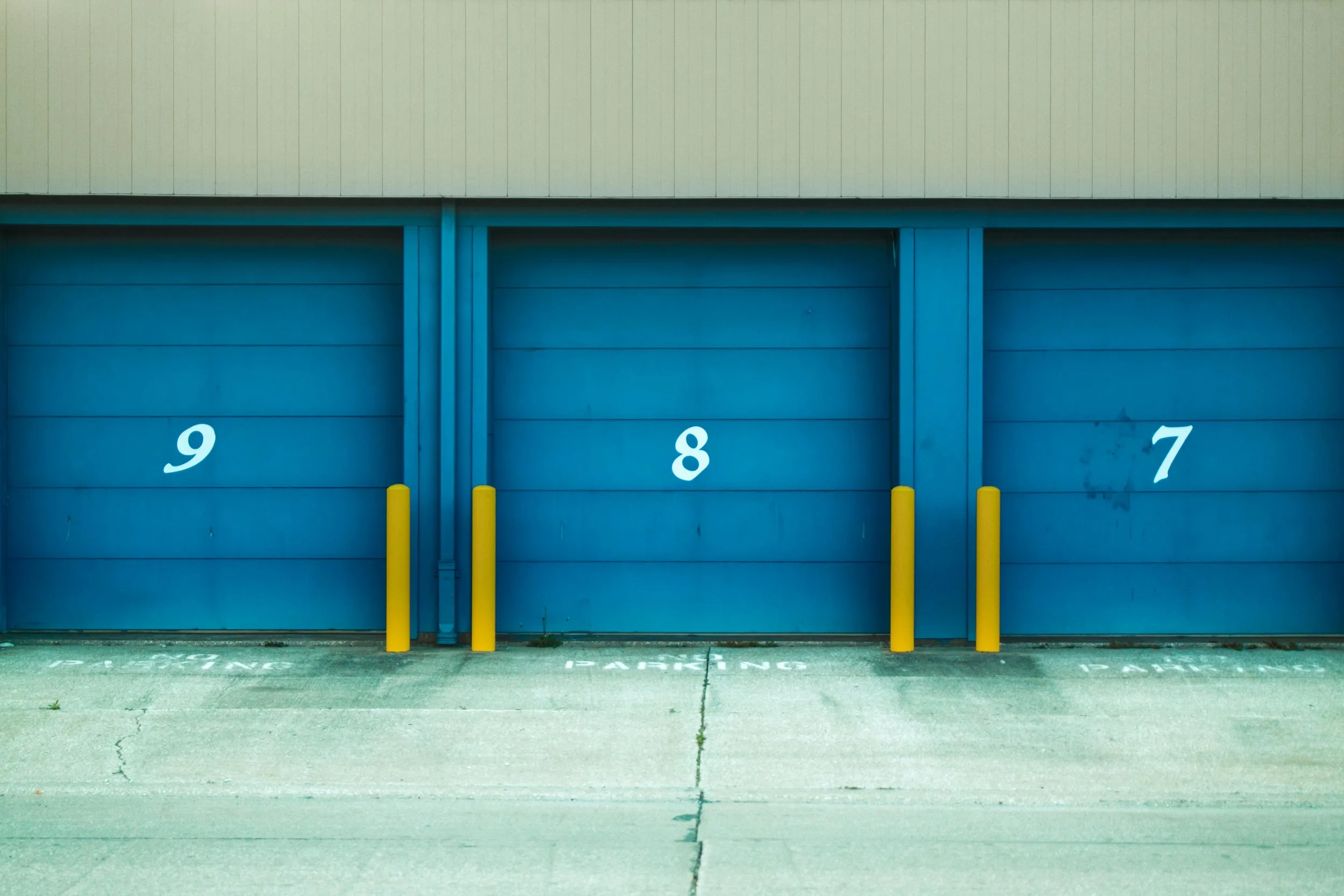Lockers Vs. Storage Units: Understanding The Key Differences
Are you looking for temporary or long-term storage solutions? Whether it's for personal belongings, business inventory, or any other items, it's essential to understand the differences between lockers and storage units. Both options serve distinct purposes and cater to different storage needs. In this article, we'll explore the critical distinctions between lockers and storage units to help you make an informed decision.
If you’re looking for storage in North Vancouver, BC, for example, find out about the best self-storage units near you.
What are Lockers?
Lockers are typically small, secure compartments designed for short-term storage. They are commonly found in various settings, such as schools, gyms, offices, and transportation hubs. Lockers are ideal for storing personal items like books, backpacks, laptops, and clothing while you're on the go or temporarily away from your belongings.
Advantages of Lockers:
Convenient and accessible: Lockers are usually located in high-traffic areas, making them easily accessible when you need to retrieve or store your items.
Affordable: Lockers are generally inexpensive or free, depending on the location and service provider.
Short-term storage: Lockers are perfect for storing items for a few hours or a day, providing a secure place to keep your belongings while you're away.
Limitations of Lockers:
Limited space: Lockers are typically small, offering limited storage capacity compared to storage units.
Temporary use: Lockers are not designed for long-term storage solutions; most have strict time limits on how long items can be stored.
Limited security: While lockers offer basic security, they may not provide the same level of protection as storage units, especially for valuable or sensitive items.
What are Storage Units?
Storage units, also known as self-storage facilities, are larger, secure spaces designed for long-term storage solutions. They come in various sizes, ranging from small units suitable for holding a few boxes to large units that can accommodate the contents of an entire household or office.
Advantages of Storage Units:
Ample space: Storage units offer significantly more space than lockers, allowing you to store a wide range of items, from furniture and appliances to vehicles and business inventory.
Long-term storage: Storage units are designed for long-term storage, providing a secure and climate-controlled environment for your belongings.
Enhanced security: Most storage facilities offer advanced security features, such as gated access, surveillance cameras, and individual unit alarms, ensuring the safety of your stored items.
Flexibility: Storage units are available on a month-to-month basis, allowing you to rent them for as long as needed, making them a flexible storage solution.
Limitations of Storage Units:
Higher cost: Compared to lockers, storage units typically come with higher rental fees, especially for larger units or longer rental periods.
Access limitations: While storage facilities provide reasonable access hours, you may not have 24/7 access to your unit like you would with a locker.
Lockers are ideal for short-term, temporary storage needs, offering convenience and affordability. On the other hand, storage units are better suited for long-term storage solutions, providing ample space, enhanced security, and more flexibility, albeit at a higher cost. By understanding the key differences between lockers and storage units, you can make an informed decision based on your specific storage requirements, budget, and timeline.
You can find out more about storage units in North Vancouver, or in another convenient location near you by contacting a self-storage company today.

